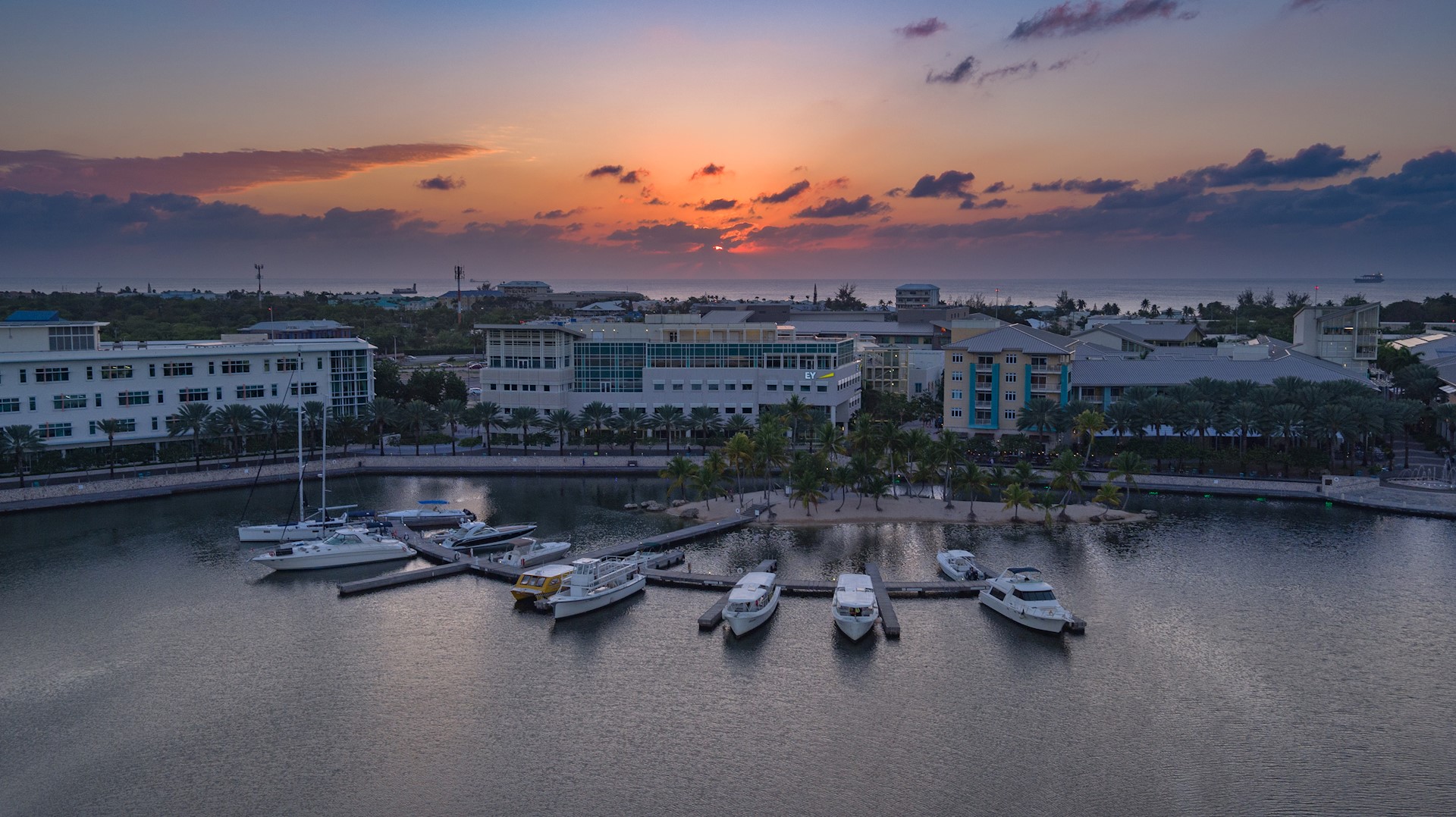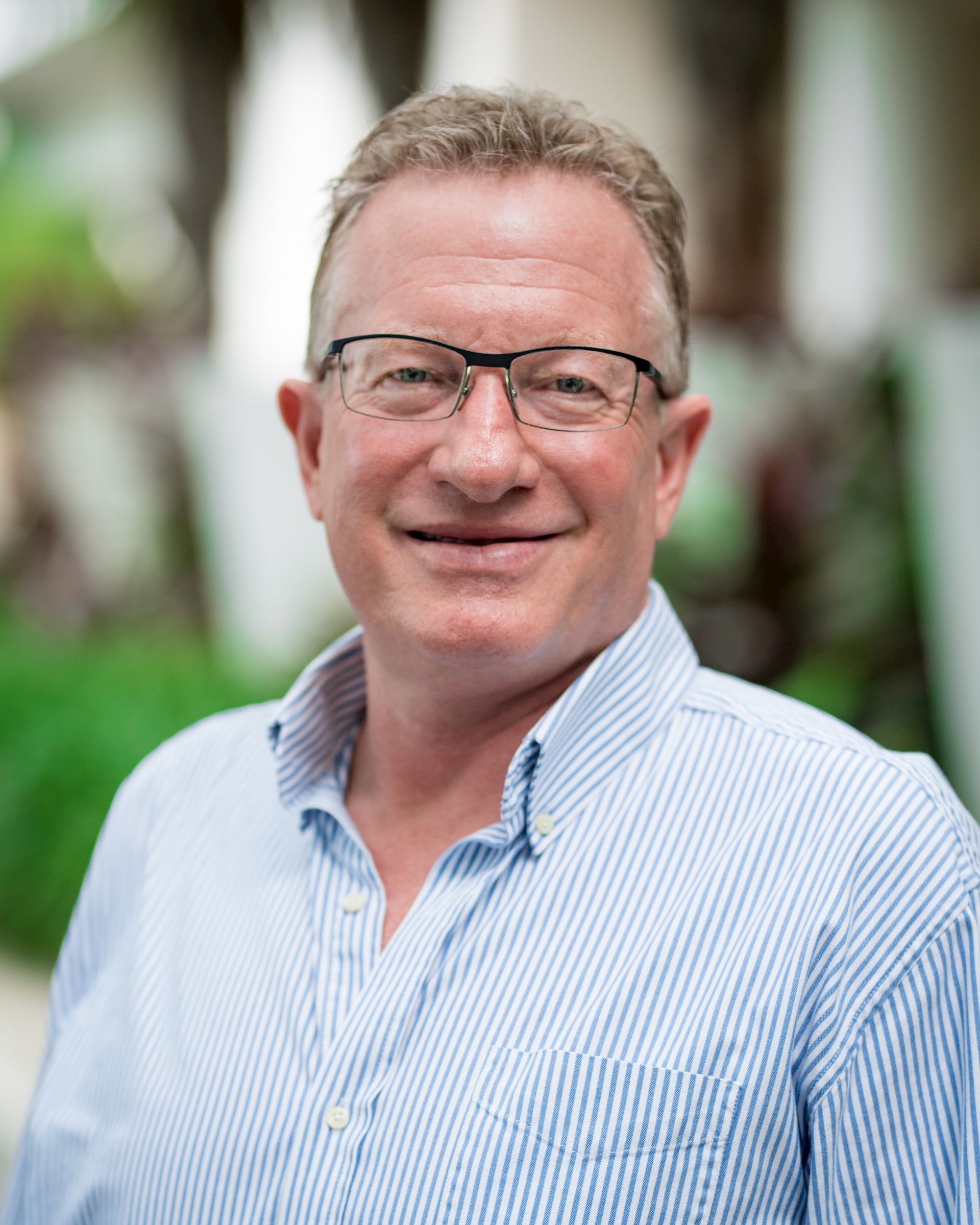
Safe with less population density
By Alan Markoff
13 Jul 2020

13 Jul 2020
As countries all over the globe grapple with the impacts of the COVID-19 pandemic, there is a trend that started at the beginning of the pandemic that shows signs of continuing: the migration from big cities to communities with less dense population.
In mid-May, the New York Times reported that between 1 March and 1 May, some 420,000 New York City residents left the city, and several of Manhattan’s more affluent neighbourhoods saw population decreases of 40% (source).
Because the higher population densities of cities makes it easier for communicable diseases to spread, city dwellers are rethinking where they live. According to a Harris Poll survey done in late April, nearly 40% of American adults living in urban areas would consider moving out of populated areas as a result of the COVID-19 pandemic (source).
Sue Nickason, vice president of real estate marketing and sales for Dart, thinks Grand Cayman can be an attractive option.
“With working from home now normalised as a result of the pandemic response, Grand Cayman’s allure has been attracting more interest from overseas city dwellers looking for the comparable safety of a lower density locale,” Nickason says.
Although many U.S. cities in the northeast have population densities of 11,000 people per square mile or more, based on the Worldometer population estimate for the Cayman Islands on 29 May 2020, the population density is only 656 people per square mile (source).
Safe
The northeast of the United States has long been a major tourism market for the Cayman Islands, so many people living in its urban areas are already aware of Grand Cayman.
The travel agency network Virtuoso reported that starting around this year’s holiday season, it is seeing signs that wealthier travellers will start to travel abroad again (source). In particular, they’re looking at safe, warm-weather destinations and Grand Cayman tops the list of the countries they are considering.
For the same reasons tourists are considering a visit, Nickason believes they will consider making it a one-way ticket.
“Many of the same factors that have made Grand Cayman an attractive destination for visitors make it equally attractive for potential residents,” she says. “The Cayman Islands is a British Overseas Territory with a reputation for sound, stable governance, a strong economy and modern infrastructure.”
What’s more, there are no sales, VAT, income, payroll or corporate taxes in the Cayman Islands.
Although personal safety is a concern in a number of Caribbean countries, the Cayman Islands enjoys a low crime rate.
“While there are some gated, private communities, one of the many charms of Grand Cayman is that residents and visitors — including the affluent and famous — can move about freely, safely and with anonymity,” says Nickason.
Sophisticated
Many people who visit Grand Cayman for the first time are surprised to find how sophisticated and cosmopolitan the island is, despite its small size and a population equivalent to a large town.
“The residents here come from more than 120 different countries, so you find rich Caribbean traditions weaved through a multicultural mosaic,” Nickason says. “This is part of the reason you’ll find diverse foods, entertainment, art and festivals here, all of which play an important role in Grand Cayman’s lifestyle. Of course the other important part of that lifestyle is the year-round tropical weather, white sand beaches, calm, clear blue waters, and spectacular underwater world.”
However, Grand Cayman is not just a place where you can enjoy life; it’s also a place to do serious business, Nickason says.
“One of the reasons a tiny overseas territory like the Cayman Islands can have the majority of the world’s hedge funds domiciled on its shores is because of its modern infrastructure,” she says, noting that top accounting firms like EY, PwC and Deloitte all have large offices on Grand Cayman. “From reliable suppliers of electricity, potable water and telecommunications to top-rated professionals, excellent healthcare facilities and practitioners, outstanding schools, well-appointed supermarkets, dozens of restaurants and even designer shopping, most new residents find the transition from the mainland to Grand Cayman an easy one.”
Easy to do business
Another enticing aspect of the Cayman Islands for those still working is that it’s easy to do business in the jurisdiction. Last year, a Dutch consulting firm commissioned the Global Business Complexity Index, which ranked countries in the world based on the difficulty of conducting business in each location. The Cayman Islands came in last place, meaning it was the easiest of them all (source).
Cayman Islands immigration laws allow a variety of ways to legally work from the Cayman Islands, including an option to obtain residency through investment. Foreign nationals can obtain a 25-year permanent residency certificate by purchasing a property for a minimum of US$1.2 million, Nickason says. For those who seek to live in the Cayman Islands for life and have the option to apply for the right to work, the Certificate for Persons of Independent Means is available for those who invest at least US$2.4 million in developed real estate (source). This option also permits applicants to eventually qualify for a Cayman Islands passport and then a UK passport.
Buying real estate is also easy.
“There are no restrictions on foreign ownership of property and other than the initial stamp tax at the time of property transfer, there are no other recurring property taxes,” Nickason says.
The Cayman Islands real estate industry is self-regulated by the Cayman Islands Real Estate Brokers Association. CIREBA, as it’s more often called, is a professional network of real estate brokers and agents who are bound to a code of business standards. The organisation employs a Multiple Listing System (MLS) of properties from which all members can sell, and provides a central source of information.
Provenance Properties Cayman Islands is a member of CIREBA and the official Christie’s International Real Estate affiliate in the Cayman Islands, and focuses its efforts on properties at the higher end of the market.
“Many people dream of living and working on a tropical island with a breathtaking view of the ocean,” Nickason says. “We help dreams come true.”

About the author
Alan Markoff has worked with Dart as the editor for Camana Bay Times for four years and has been writing professionally since 1997. Born and raised in Cleveland, Ohio, Alan graduated from the State University of New York at Albany with a degree in English, and first moved to the Cayman Islands in 1982. He has 17 years of experience in the real estate industry and previously worked as a journalist for the Cayman Compass before joining Dart to relaunch the Camana Bay Times monthly newspaper. Alan is passionate about food and wine and he loves to write about both those subjects. He is also the leader of Grand Cayman’s Slow Food Chapter.